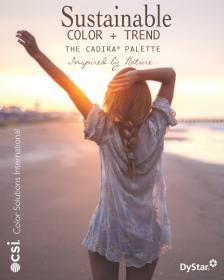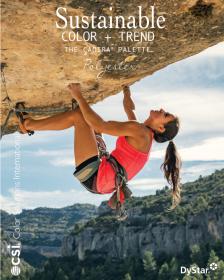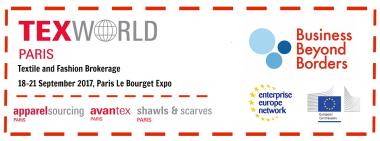Jinfa Labi chooses Lectra Fashion PLM 4.0
- Lectra’s latest PLM solution selected by Jinfa Labi to improve its product development process through supply chain digitization
Paris – Lectra, the world leader in integrated technology solutions dedicated to industries using fabrics, leather, technical textiles and composite materials, is pleased to announce that Jinfa Labi, one of the first publicly listed maternity and infant clothing companies in China, has chosen Lectra Fashion PLM 4.0 to help digitally transform their supply chain, making it more efficient, integrated and connected.
Spurred by the continued growth of the Chinese economy, young Chinese parents are now demanding maternity and baby products that are more personalized and sophisticated in terms of material and design. To meet these new market needs, Jinfa Labi has chosen to implement Lectra Fashion PLM 4.0 after researching on all PLM vendors in the market. With the help of this solution, the company aims to further improve their product development process by digitizing their entire supply chain, from design to production, enhancing business agility and collaboration. By embracing digitalization, the company hopes to make progress in adopting the government initiative “Made in China 2025”.
Lectra’s ultimate collaborative platform—Lectra Fashion PLM 4.0—gives fashion and apparel companies the extra speed and agility they need to tackle the challenges of Industry 4.0 head on. With the widest functional scope on the market, this technology serves as the intelligent backbone for the digital supply chain, facilitating the entire design-to-production process. This ensures a consistent flow of error-free data between process, technology and people, thus enabling organizations to quickly adapt to different business models and keep pace with the latest trends.
“As one of the first domestic companies to engage in R&D, design, production and distribution of baby clothing, Jinfa Labi is now growing exponentially. We are looking for a partner with a worldwide perspective and in-depth knowledge on the industry’s best practices,” said Lin Ruowen, General Manager, Jinfa Labi. “And Lectra fits the bill. Their latest PLM solution connects CAD, industry-standard software, company IT systems and external suppliers together, allowing us to fully digitize our supply chain by covering all production stages. We can then focus on improving our core competencies.”
“We are confident that Lectra will help Jinfa Labi make their mark for “Made in China 2025”. This Industry 4.0-based initiative will not only revolutionize the way in which manufacturers operate but also change the way in which the brands and retailers run their businesses. Lectra is committed to providing the technology and support that our customers need to thrive in this new digital era,” said Andreas A. Kim, Managing Director, Lectra, Greater China. “Lectra Fashion PLM 4.0 is the only PLM solution purpose-designed for the fashion industry that covers the entire value chain. We hope to leverage our 44 years of experience in the fashion industry to help Jinfa Labi succeed through operational excellence.”
Lectra













